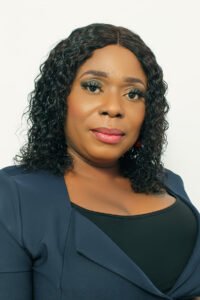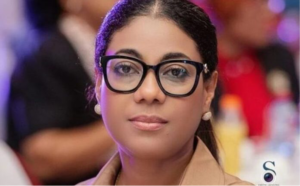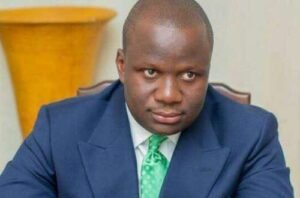
In the wake of Ghana’s persistent electricity and water crises, Benjamin Nsiah, the Director of the Centre for Environmental Management and Sustainable Energy, has called for a more significant tariff hike than the one announced by the Public Utilities Regulatory Commission (PURC). While the PURC recently declared a 5.84% surge in electricity tariffs and a 5.16% rise in water tariffs effective July 1, 2024, Nsiah argues that a 10% increase is imperative to address the deep-seated issues plaguing the sector.
In an exclusive interview with Kwadwo Sefah-Danquah on the Happy Morning Show on Happy 98.8 FM, Nsiah underscored the gravity of the situation, referencing a report by the PURC highlighting substantial challenges within the sector. According to him, the proposed 10% tariff hike would generate essential revenue to alleviate debt burdens and ensure sustainable power provision in the nation.
“If we want sustainable power as a country, then this increment should have been 10% to help generate money to clear our debt,” Nsiah asserted.
Acknowledging the potential economic strain such an increase could impose on Ghanaian households, Nsiah expressed empathy for citizens already grappling with the ramifications of the ongoing crises. He voiced concerns that the current tariff adjustment might exacerbate financial hardships, potentially precipitating business closures across various sectors already teetering on the edge due to the prevailing challenges.
Nsiah emphasized the necessity of a balanced approach that considers the interests of both consumers and utility providers. While recognizing the imperative of adequate revenue generation to fortify the electricity sector’s resilience, he urged authorities to tread cautiously to avert further strain on the populace.
The call for a more substantial tariff hike comes amidst mounting pressure on Ghana’s utilities to address persistent service deficiencies. With businesses and households alike reeling from erratic power and water supplies, stakeholders are grappling with the imperative of striking a delicate equilibrium between financial sustainability and public welfare.
As the nation navigates these turbulent waters, the discourse surrounding tariff adjustments underscores the complex interplay between economic imperatives and societal well-being in shaping Ghana’s energy landscape.






